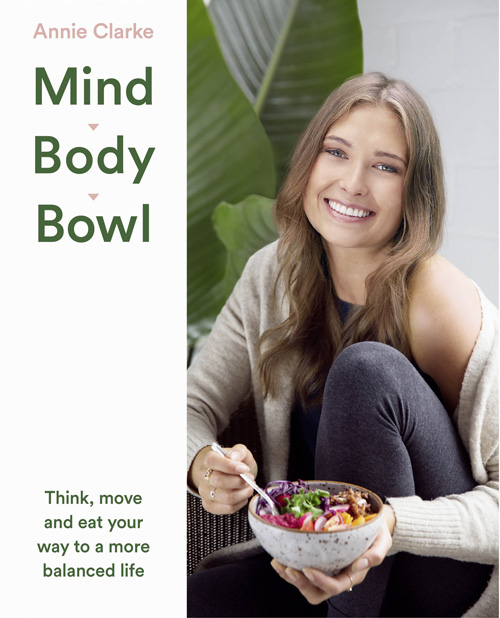The big issue with diet labels
Annie Clarke, author of Mind Body Bowl shares her thoughts on the labels we impose on ourselves when it comes to our diets

From ‘clean eating’ to ‘low-FODMAP’, ‘dairy’ or ‘gluten-free’, there is certainly no shortage of labels when it comes to the way we eat. However, with the rising awareness of ingredients and dietary health, and more and more individuals adjusting their diets as a result, there appears to be an increasing problem with such labels. Identifying ourselves by what we eat appears to be putting us at risk of the scrutiny of others.
I’ve never been a big fan of labels, and that is true to all relationships whether that be food, people or otherwise. I believe that labels are generally there for the sake of classifying our decisions and commitments in the eyes of someone else. For example, if a couple become ‘husband and wife’, there might be certain expectations put on that couple by their friends and family due to their married status, regardless of whether or not those expectations suit the couple themselves.
It is important that we eat in a way that fulfils our nutritional needs, satisfies our taste buds and suits our ethical values. Above everything else, we should all eat in a way that makes us feel good as individuals, and allow that to be a dynamic and adaptive process where we tune in to ourselves and allow that to guide our dietary choices. The biggest trouble with labels around food is that it interrupts that tuning in process, preventing us from truly listening to our own bodies when it comes to making decisions about what to eat.
The choices that we make around food should be just that: choices. But by labelling ourselves as one thing or the other we place certain restrictions on ourselves and, in social situations, may be at risk of offering others to judge our actions. It assumes that we want to eat in a consistent way month to month, season to season, and that we will adhere to certain expectations or assumptions that those labels bring.
So when the vegetarian orders a piece of fish at a restaurant with their friends, it is likely to bring up all kinds of questions about whether or not a fish counts as an animal, or whether or not they are now pescatarian instead. Well what if the vegetarian has decided for one reason or another that they want to eat fish now and again? Surely that is a choice we are all entitled to make on a day to day basis?
Rather than restricting ourselves by using labels, we should be thinking of all the wonderful things we do eat. Instead of giving ourselves, or more importantly each other, rules and restrictions around our diets, what’s most important is to stay connected to our minds, guts and bodies. Tuning into our bodies on a daily basis and allowing the way in which we feel to guide our dietary choices are both essential for finding a healthy, balanced diet that works for us as an individual.
Annie Clarke is the author of Mind Body Bowl: Think, Move and Eat Your Way to a More Balanced Life (£11.72, Harper Collins).









